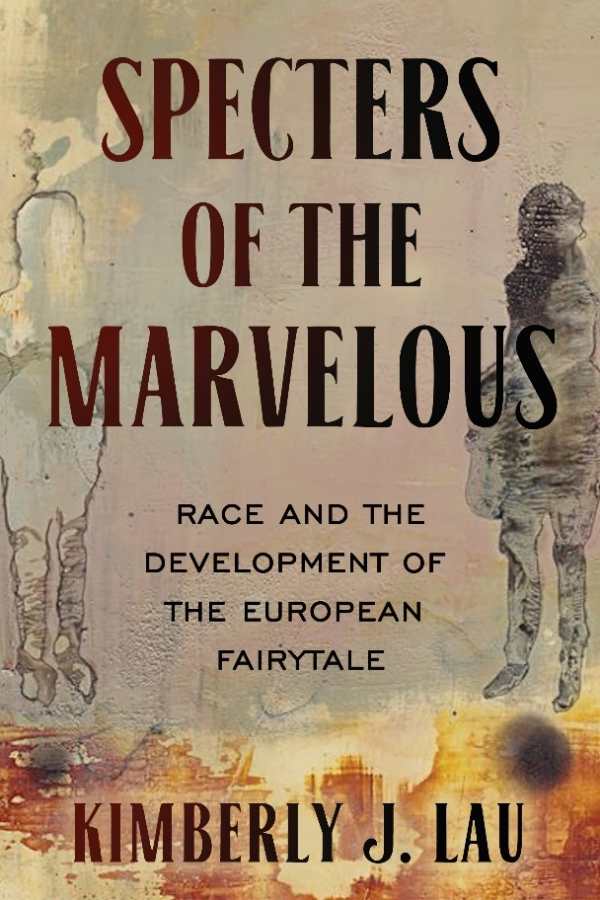Specters of the Marvelous
Race and the Development of the European Fairy Tale
Spanning literary criticism, social science, and the study of the fairy tale, Kimberly J. Lau’s Specters of the Marvelous foregrounds race in often whitewashed European fairy tales.
Prior to cinema, fairy tales were collected, written, and edited by European literary figures including Giambattista Basile in Italy, Madame d’Aulnoy in France, Jacob and Wilhelm Grimm in Germany, and Andrew Lang in England. In her compelling rereading of this history, Lau locates race in the tales and their contexts, asserting that even stories that don’t seem to be about race, like “Beauty and the Beast,” contain references to contemporary debates about French attempts to civilize the residents of their colonial holdings.
Anti-Blackness and antisemitism also appear in many classic fairy tales, from Basile’s Tale of Tales, wherein Black slave girls are depicted as lazy and treacherous, to the Grimms’ fairy tales, which contain multiple stories of Jews being greedy and deserving of punishment. Lang’s colored fairy books naturalized the story of British imperialism while asserting the proper domestic role of women in education, since Lang’s wife translated and compiled the bulk of those tales while Lang got the credit. Against this backdrop, fairy tales furthered European notions of race and racism, naturalizing ideas about which bodies are beastly and which are deserving of love and riches.
While the book struggles to condense centuries of European scientific and popular thinking on race and colonialism into its short space, its meticulous citations and far-reaching connections are persuasive demonstrations of the idea that racism and the fairy tale constitute one another, such that conversations about them should remain intertwined.
Specters of the Marvelous is a compelling history of race in literary European fairy tales that argues that one of the genre’s most convincing magic tricks is to make race invisible via the allocation of happy endings.
Reviewed by
Jeana Jorgensen
Disclosure: This article is not an endorsement, but a review. The publisher of this book provided free copies of the book to have their book reviewed by a professional reviewer. No fee was paid by the publisher for this review. Foreword Reviews only recommends books that we love. Foreword Magazine, Inc. is disclosing this in accordance with the Federal Trade Commission’s 16 CFR, Part 255.

